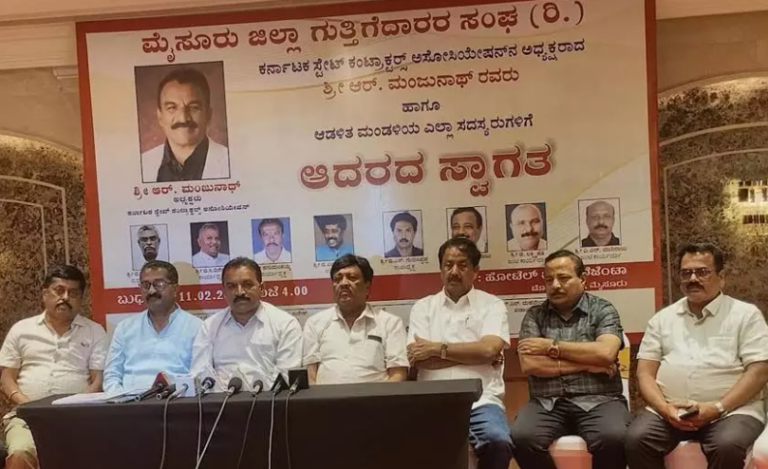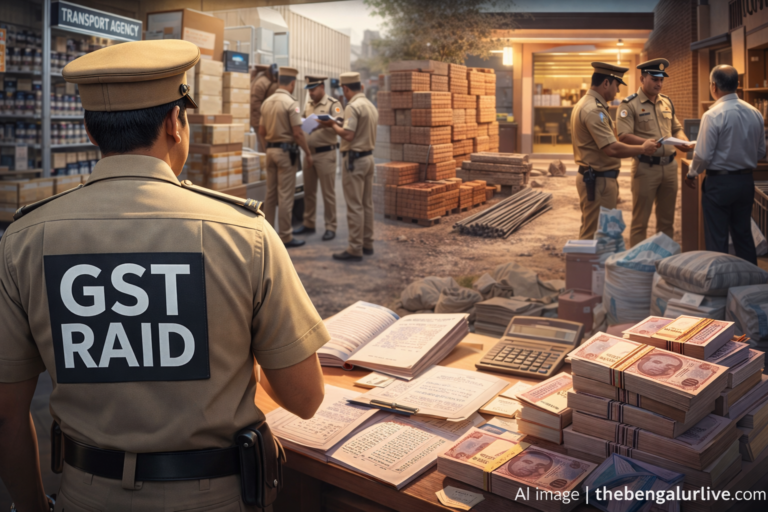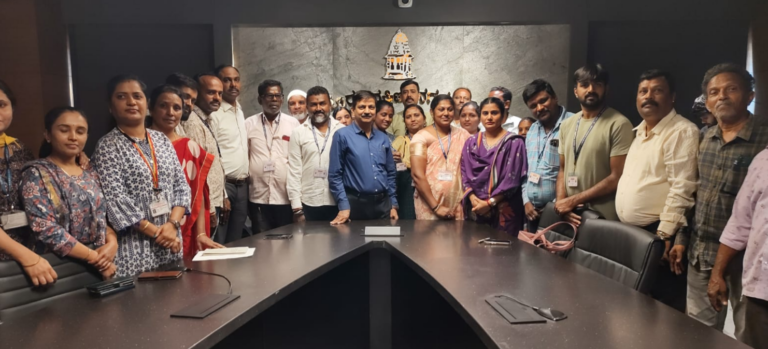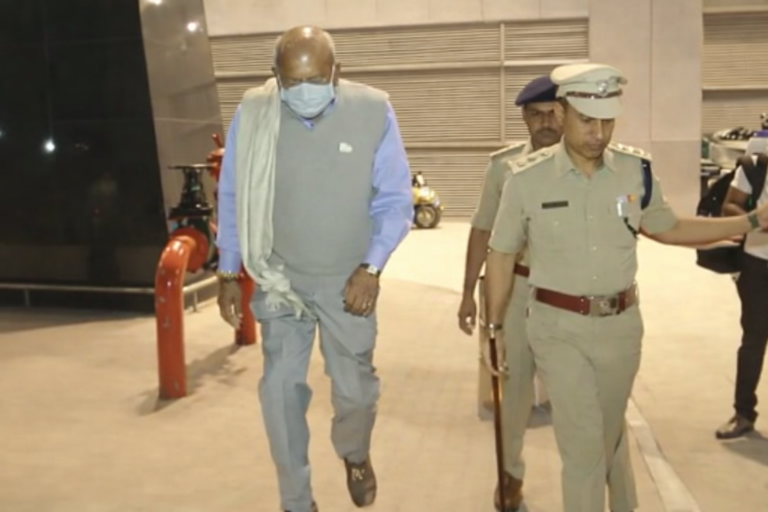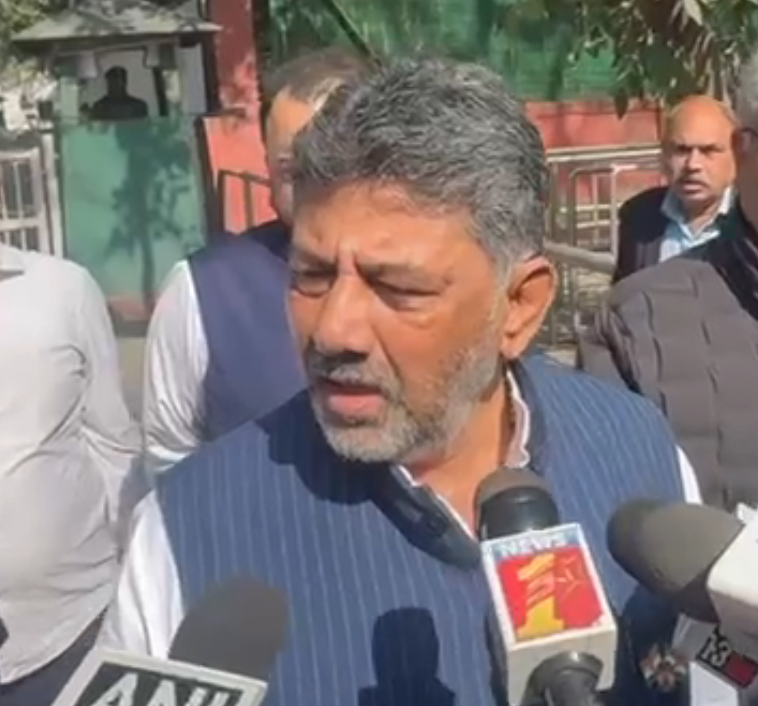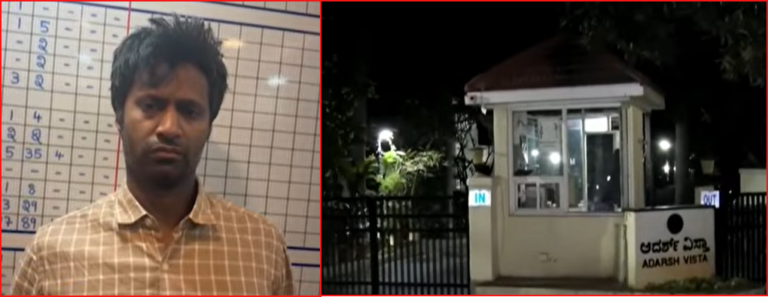
Bengaluru: In a major step towards addressing Bengaluru’s drinking water needs, Deputy Chief Minister and Bengaluru Development Minister D.K. Shivakumar announced a comprehensive plan to ensure drinking water supply to 2 crore residents of the city. He made the announcement while receiving a Guinness World Record certificate for a water conservation campaign organized by the Bangalore Water Supply and Sewerage Board (BWSSB).
At a function held in a private hotel in Bengaluru, Guinness adjudicator Swapnil Dangarikar officially handed over the record certificate to DyCM Shivakumar. The recognition came after 5,33,642 people took a pledge to conserve water during a week-long campaign organized by BWSSB between March 21 and 28 this year—setting a new world record.
Speaking at the event, Shivakumar stressed the importance of water conservation, noting that the campaign was aimed at raising awareness among citizens. “In other cities like Delhi, separate pipelines exist for drinking water and domestic use. But in Bengaluru, people use drinking water even for car washing and gardening. Nearly 35% of citizens do not pay their water bills, yet the board continues to serve them,” he said.
He revealed that BWSSB, under the leadership of Chairman Dr. Ram Prasath Manohar, is drafting innovative strategies to cater to the growing needs of the city, including newly added 110 villages in the Greater Bengaluru region. Shivakumar added that the state government is discussing the possibility of expanding BBMP’s jurisdiction and forming new municipalities under Greater Bengaluru.
Water Tariff Revision Aimed at Cutting ₹500 Crore in Losses
Pointing out that water tariffs had not been revised in a decade, Shivakumar said this has resulted in annual losses of up to ₹500 crore for BWSSB. “Since taking charge, I approved the revision of water charges after consulting the Chief Minister. Criticism is natural, but the decision was necessary. We hope to reduce the loss by ₹500 crore annually through the revision,” he said.
He also stated that water pricing in the future will be modeled on the transport department’s dynamic fare structure, allowing for adjustments based on operational needs.
Kaveri Stage V Project Progress and More
Shivakumar praised BWSSB staff for their hard work, especially in overcoming hurdles in the Kaveri Stage V Drinking Water Project, which is now being implemented. Through the “Mobile Cauvery” initiative, the board is supplying clean drinking water at subsidized rates, he said.
Addressing another major challenge, he said BWSSB is working on treating and recycling sewage water, which is currently being released into lakes.
Kaveri Aarti Initiative and Rural Opposition
Highlighting the spiritual dimension of water conservation, Shivakumar referred to the Kaveri Aarti programme initiated at KRS Dam. He noted that a special committee led by the BWSSB chairman has been formed to develop a master plan for the aarti, which is expected to generate 1,500 local jobs.
“There seems to be a lack of proper information among Mandya farmer groups about this initiative. We will soon hold a meeting with district ministers to clarify the benefits,” he said.
Environmental Education for Students
Shivakumar also spoke about a recent programme involving schoolchildren, where they were encouraged to plant and nurture trees as part of environmental conservation efforts.
BWSSB’s Guinness Record: A Milestone
BWSSB Chairman Dr. Ram Prasath Manohar highlighted the significance of the achievement: “Following the Deputy CM’s directive to mark World Water Day, we launched the ‘Save Water, Build Bengaluru’ pledge drive. Our staff went door to door across Bengaluru for a week, collecting pledges. We gathered 5,33,642 pledges, earning a place in the Guinness World Records and putting BWSSB on the global map.”
The Guinness World Records certificate was officially handed over by India representative Swapnil.
The event was also attended by FKCCI President M.G. Balakrishna, KASSIA President M.G. Rajagopal, Chief Engineer Suresh, and several other dignitaries.


